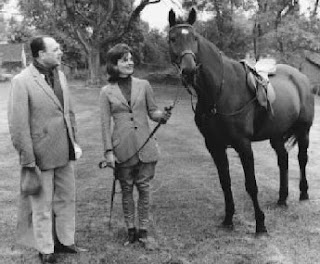Singaporean Muslims ought to be alarmed with reports that students from the Madrasah Wak Tanjong Al-Islamiah did not meet the Ministry of Education's (MOE) minimum Primary School Leaving Examination (PSLE) standards. (For Singaporean Muslims read Malays, non-Malay speaking Muslims will have a hard time gaining admission into religious schools with a curriculum administered primarily in Malay.)
As a result of the madrassa's poor non-religious educational standards, it has been disallowed from admitting new Primary One students for the academic years 2012 – 2014. A second madrassa, Madrassa Al-Arabiah ceased its Primary One intake in 2009 for similar reasons.
Falling short of the PSLE benchmark is surprising given the lax standards applied by the MOE to the Republic's six madrassas. The religious schools are required to meet a minimum benchmark at least twice during every three year assessment period. The minimum benchmark "is pegged at the average PSLE aggregate score of Malay pupils who took four standard-level subjects in the six lowest performing national schools, ranked according to the performance of the Malay pupils ... of the same year." (Ministry of Education Information Sheet, November 2010. Emphasis added by author.)
Clearly, the MOE's flaccid yardstick does not push Singapore's madrassas far enough in raising educational standards to national levels.
Critics may counter that a madrassa's role in society is distinct from that of a 'normal' school. Certainly, Madrasah Wak Tanjong Al-Islamiah stated objectives point in that direction.
"Mastering of the Arabic language is a pre-requisite for the understanding of the Al-Quran and Hadiths (Prophetic Traditions), the two fundamental sources of Islamic jurisprudence, less in importance, is the acquisition of knowledge in the secular sciences." (Madrasah Wak Tanjong Al-Islamiah website. Emphasis added by author.)
What exactly is the role of Islamic schools in contemporary Singaporean society - to provide Islamic education to Malay-Muslims who wish to pursue specialized religious knowledge? To teach Arabic so Malay-Muslims may interpret the Koran 'correctly' by comprehending the holy book in its original form? Or, as stated by the Madrasah Wak Tanjong Al-Islamiah website, simply "moulding students to become Islamic scholars who excel religiously as well as academically."
Surely, religious education can form an important part of character building for children. But is it necessary to impart such training on a full time basis, especially through schools with an overtly religious character?
Religious training is better left as a private 'extra-curricular' activity.
Undoubtedly, there are examples of madrassa graduates who have excelled in mainstream society. Yet, there are many legitimate reasons to question the role of a religiously inspired educational establishment within a secular state.
For starters, Singapore's English educated labour force is arguably one of the country's core competitive strengths. Singapore continues to move up the economic value chain based largely on the quality of its human capital.
Is it just for society to deny one segment of Singaporean students' access to the country's conventional educational system from a young age, perhaps because the child's parents believe they are fulfilling a religious obligation? I think not.
Certainly, a fine balance between individual liberties and state responsibility must be struck. However, validating religious education, Islamic or otherwise, within a secular, multi-ethnic society is not the best solution. The MOE must continue to tighten its grip on Singapore's religious educational establishments in the coming years.
Other than in higher education, it is hard to justify the existence of full time religious schools in contemporary, theoretically secular, Singapore.



















